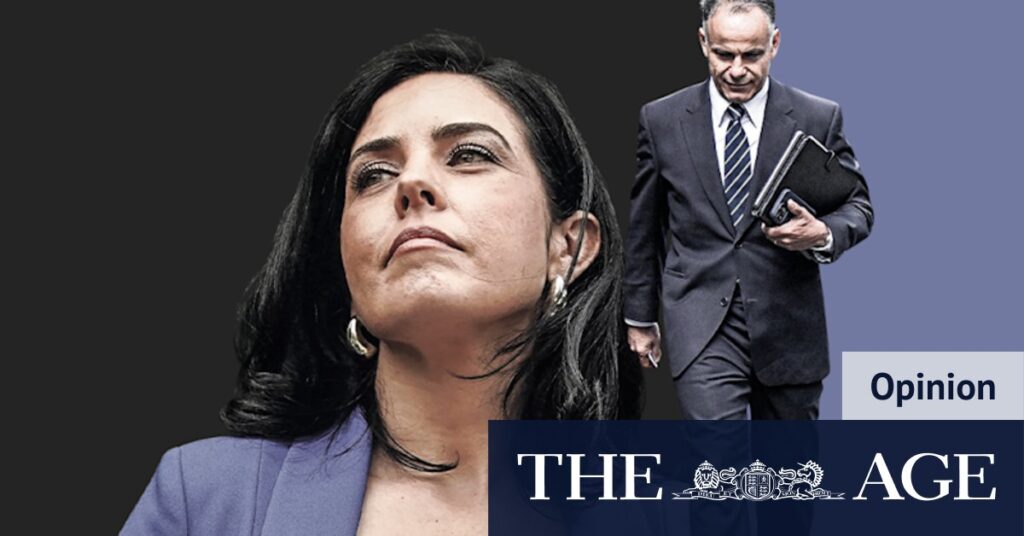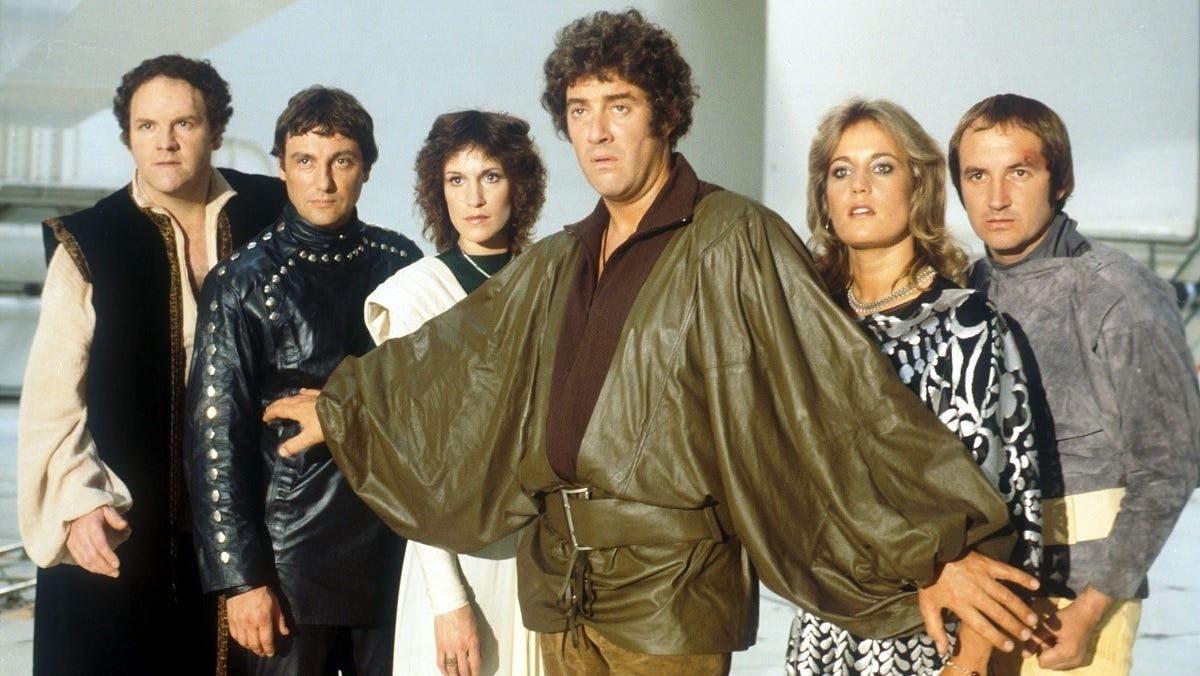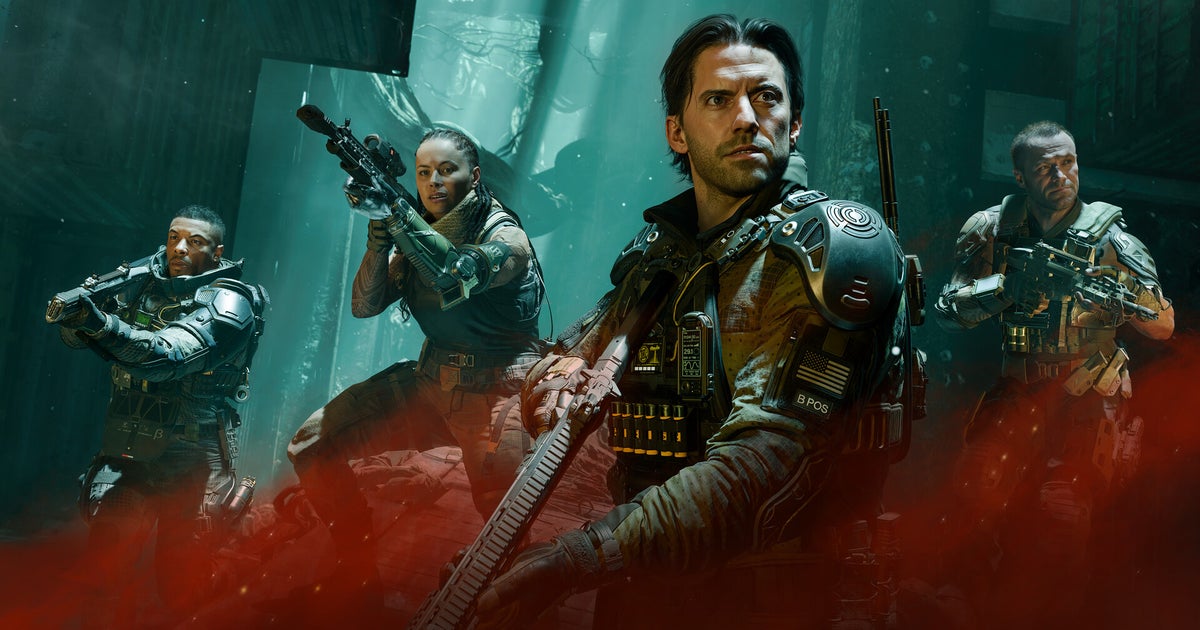
A newsroom sage once advised that to truly understand the Victorian Liberal Party, one must follow its hatreds. Unlike the Labor Party, which is organized by factions, the Liberals are bound by a profound loathing of one another. This dynamic, rather than ideology or conviction, most reliably dictates party behavior.
For Opposition Leader Brad Battin, nearing the end of his first year in one of the state’s least secure positions, navigating these internal animosities has become a pressing challenge. The recent decisions by Michael O’Brien and David Hodgett to retire from politics before the next election open two vacancies on the opposition frontbench, presenting both an opportunity and a dilemma for Battin.
The Pesutto Dilemma
One of the vacancies could be filled by John Pesutto, who has expressed his readiness to return from backbench exile. Pesutto, whose leadership ended in controversy after defaming colleague Moira Deeming, brings a wealth of experience, having previously held the position of shadow attorney-general. However, promoting Pesutto risks reigniting tensions with Deeming and her supporters, a feud that continues to ripple through the party.
The long-standing animosity between Pesutto and Deeming is emblematic of the broader hatreds within the party. The Supreme Court is currently addressing a dispute involving the party’s administrative committee’s decision to lend Pesutto $1.55 million to settle his legal bills, a move Battin supported. This episode underscores the enduring power of these internal conflicts.
Leadership Challenges and Strategic Decisions
As Battin contemplates a reshuffle, there is a growing push within the Liberal Party to use the vacancies created by O’Brien and Hodgett’s retirements to review all shadow portfolios. Battin’s current line-up, formed in the aftermath of last year’s leadership coup, has yet to deliver a compelling policy narrative. While Battin is strong on crime and community safety, the party’s economic stance remains underdeveloped.
A critical consideration for Battin is whether Jess Wilson, the party’s most economically literate MP, is in the right role. Wilson, who declined an opportunity to serve as Battin’s deputy leader and shadow treasurer, currently holds the portfolio for education, industry, and economic growth. Her supporters propose a scenario where Wilson becomes shadow treasurer, leveraging her background with the Business Council of Australia.
“It is not as easy as saying we have to change the shadow minister,” one MP remarked. “The problem is the steadfast focus from those at the top who believe crime is the only thing worth talking about.”
Implications and Future Prospects
The Victorian Liberal Party’s internal strife presents both challenges and opportunities for Battin. While the party’s focus on crime and community safety resonates with some voters, a broader, more balanced policy platform is necessary to appeal to a wider electorate. The upcoming election year offers Battin a chance to reshape his team and address these issues.
In the end, the Victorian Liberal Party’s future may hinge on its ability to move beyond personal vendettas and focus on a cohesive strategy. As Battin navigates this complex landscape, the question remains whether he can harness the party’s potential and present a united front to voters.
The coming months will be critical for the Victorian Liberal Party as it seeks to redefine its identity and strategy. With key decisions on the horizon, the party’s ability to manage its internal conflicts and present a compelling vision for the future will be crucial in determining its electoral success.







